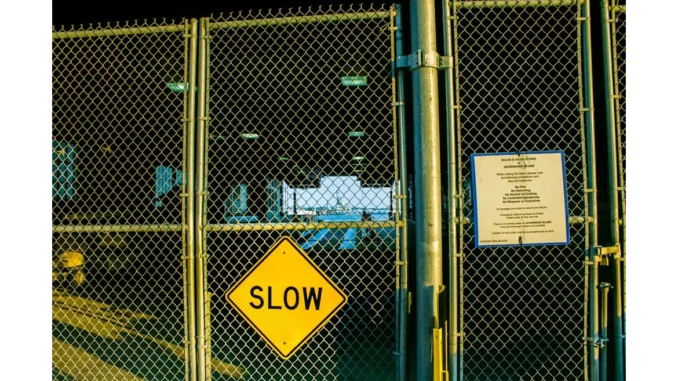
In today’s fast-paced world, where multitasking is often celebrated and speed is equated with efficiency, the art of slowing down can seem like a radical act. Yet, as many are discovering, taking things slowly may be the key to achieving a balanced and stress-free life. I recently had the opportunity to sit down with Emma Collins, a mindfulness practitioner and advocate for a slower-paced lifestyle, to delve into how doing things slowly can regulate the nervous system and why focusing on the minutiae of daily tasks can lead to profound relaxation.
Elegancia – Wellness and tranquillity in the comfort of your home.
Emma Collins, a serene presence with a calming voice, welcomed me into her office, which immediately struck me as a sanctuary of calmness. The gentle hum of a diffuser filled the air with a subtle lavender scent, and soft, natural light spilled through the windows. Emma began by recounting her journey into mindfulness, a path she embarked on several years ago after experiencing burnout in her corporate career.
“My life was a whirlwind,” Emma recalled, a gentle smile playing on her lips. “Like many, I thought the faster I worked, the more productive I’d be. But instead, it left me exhausted and constantly on edge.”
It was during a sabbatical, she explained, that she discovered the transformative power of mindfulness. Emma described mindfulness not just as meditation or breathing exercises but as an approach to life. “It’s about being present,” she said, her eyes lighting up with passion. “It’s about noticing the little things, savouring them, and allowing yourself to be fully engaged in whatever you’re doing.”
She gestured towards her desk, a simple but inviting workspace. “Take fluffing out your desk, for example,” she explained, leaning forward slightly. “When you do it slowly, mindfully, it becomes more than just tidying up. It becomes a ritual, an opportunity to connect with your surroundings and ground yourself.”
Emma then led me through a simple exercise, encouraging me to rearrange a few items on her desk. As I moved a plant here and adjusted a notebook there, she guided me to notice the texture of the surfaces, the weight of the objects, and the sounds they made as they settled into place. It was a surprisingly soothing experience, and I could feel a quiet calmness envelop me.
“By focusing on these small actions,” Emma explained, “you give your nervous system a break. Instead of being in a constant state of fight or flight, you allow yourself to enter a rest-and-digest mode. It’s incredibly healing.”
The science behind this, Emma elaborated, lies in the way our nervous system is wired. When we slow down and focus on the present moment, we activate the parasympathetic nervous system, which counteracts the stress-induced responses of the sympathetic nervous system. This shift can lead to lower heart rates, decreased blood pressure, and reduced levels of stress hormones.
Emma’s advocacy for slowness is not about rejecting modern life or its conveniences but about finding balance. “It’s about integrating mindfulness into your daily routine,” she said. “You don’t need to carve out hours for meditation. Instead, infuse mindfulness into everyday tasks like drinking your morning tea, walking to work, or, yes, even organising your desk.”
She shared anecdotes from individuals she has worked with who have embraced this philosophy. One story that stood out involved a high-achieving entrepreneur who transformed his approach to meetings. Instead of rushing through agendas, he began meetings with a few moments of silence, allowing everyone to centre themselves. The result, Emma noted, was not only a more relaxed atmosphere but also more productive and creative discussions.
As our conversation drew to a close, Emma offered practical tips for those eager to incorporate slowness into their lives. “Start small,” she advised. “Choose one routine task each day and do it mindfully. Perhaps it’s brushing your teeth or preparing your lunch. Focus entirely on that task, and notice how it feels to do it slowly and deliberately.”
Emma’s final words were a gentle reminder of the power we have to shape our own experiences. “In slowing down, we’re not just reducing stress,” she mused. “We’re rediscovering joy, connection, and a deeper sense of peace.”
Leaving Emma’s office, I felt a renewed sense of clarity, inspired to bring more mindfulness into my own life. In a world that often seems to demand more and more from us, the idea that we can find calm in the chaos by simply slowing down is a comforting and empowering thought.
Salena Ripley


Be the first to comment